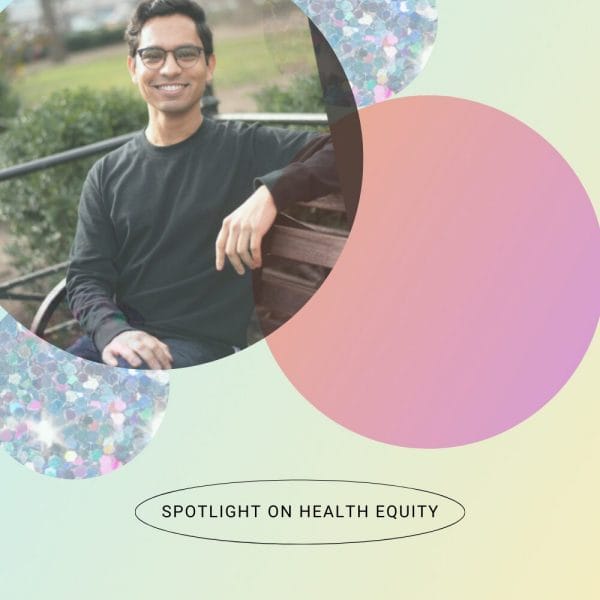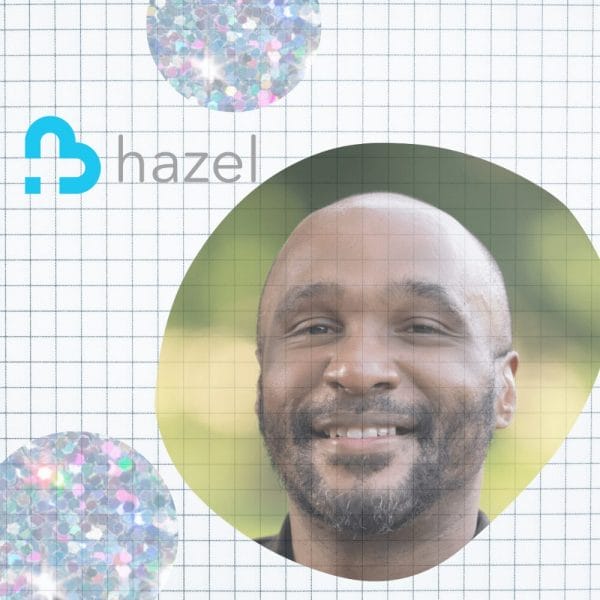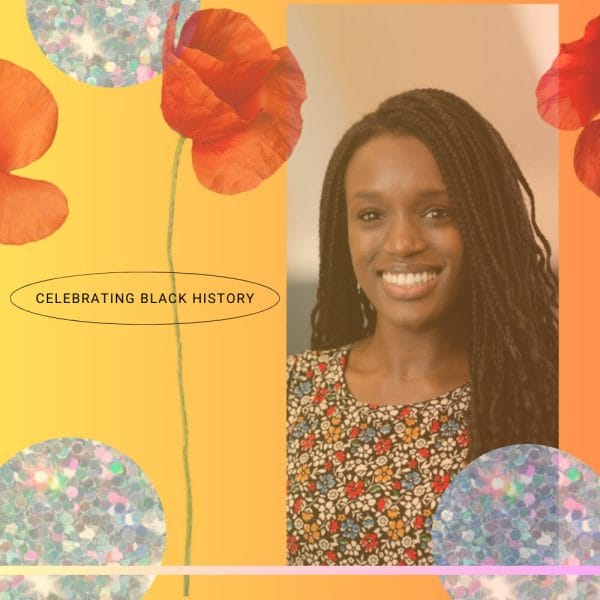800,000 people commit suicide every year. This year the Innovation Learning Network In-Person meeting overlapped with World Mental Health Day on October 10, 2018. Appropriately, and with a heavy heart, the event took on the issues of mental health and failure. The goals of the network are to foster joy and connection among individuals, which made this group well-poised to take on a problem related to the suicide epidemic in Sacramento, California. Throughout the meeting, the room was filled with both joy and pain.
On Day 2 of the meeting, three women shared stories of their relationships to failure. Britta Guerrero, CEO of the Sacramento Native American Health Center, spoke of failing into the future. She shared how, as a woman of color with an impoverished background, there was no room for her to fail forward. She emphasized that it was hard to cultivate a mindset of learning in her life because failure was not safe or comfortable. As the first woman in her family to graduate from high school and go to college, she was expected to succeed in a traditional sense, which does not allow for making mistakes along the way. Her work directing a trauma-informed healthcare setting has emphasized the importance of questioning authority and breaking barriers when it is important for the lives of the patients her organization serves. This talk came two days after Indigenous People’s Day. Earlier this week I was at a public ceremony in Santa Fe, New Mexico with Native American leaders speaking about the importance of preserving cultural traditions in an era of constant change. There can be barriers to conversations about failure in the context of cultural preservation; and yet Britta shared the wisdom to know when to take risks in order to make a lasting impact in the lives of people who need her help. It was truly admirable.
Next, Liz Salmi a blogger and advocate for patients through the Open Notes project at Harvard Medical School, spoke about imposter syndrome. This is a condition in which people believe that they don’t deserve the accolades they are receiving. Apparently, 70% of people have imposter syndrome. Liz shared her own experiences with imposter syndrome, especially because she is a patient rather than a physician or a researcher. She shared her response to a life-threatening cancer diagnosis of “nerding-out” by blogging her experience. She is now involved in all aspects of patient advocacy, including advising companies and researchers about how to involve the patient in the healthcare experience. Her work has transformed the way global leaders are thinking about doctor/patient relationships, and she is invited to speak in the same circles as Hillary Clinton and Ruth Bader Ginsberg. While she worried that she was not deserving of a place at the same table as some of the world’s most influential leaders, she was able to choose her own path as director of a project to support making doctor notes available to patients.
At Hopelab, we believe that the patient experience is invaluable to developing tools that will impact their lives. We involve patients in the early research, design, and evaluation of the digital tools we develop. While it can seem easiest to do what you know, we can all take a lesson from Liz that feeling uncomfortable and learning from others is actually how we grow. We will continue to listen to the people whose lives we aim to impact, and if this means we worry about feeling like we are in unchartered territory, so be it.
Finally, Trish Rodriguez, senior VP at Kaiser Permanente who works on healthcare delivery to over 200,000 Kaiser members, spoke about failure as an opportunity. She shared examples of famous failures, and emphasized the importance of taking risks to learn and to make us humble. She taught us the right way to fail, including emphasizing the process rather than the outcome. It reminded me of our emphasis on the process of innovation in making digital tools for teens and young adults at Hopelab. If we don’t learn from our failures along the way, we won’t be able to make products that people actually want to use.
On the last Day of the meeting, we heard about not being afraid to fail from Darrell Steinberg, the Mayor of Sacramento. He has been in office in Sacramento for 22 years, which can hardly be considered failure. He also authored California’s Mental Health Services Act, which identified $750 million a year in funding for mental health services in our state. He shared that if he knew what he was getting into before he started to move his first bill through the state legislature, he would likely have given up many times along the way. The door was literally shut in his face multiple times. Whenever he was struggling, his attitude was to ask “What do I have to lose?” and it helped him to persist when his case was hard to make. This strategy is also used in cognitive-behavioral therapy – when fear is holding you back, and thoughts are flowing such as “this won’t work” “I am going to fail” or “I never should have tried this,” I often ask my clients to instead say– “What is the worst-case scenario?” More often than not, the worst-case scenario is not as bad as people think. Real failure is not sticking with something because it is hard. Mayor Steinberg did not see the doors in his face as failure, and that ultimately allowed him to get a bill to support more comprehensive mental health care signed by the governor.
At Hopelab we are thinking about how to support the emotional well-being of teens and young adults. Through conversations with teens, we often hear feelings of pressure to be perfect, compounded with extraordinary levels of stress and overwhelm. Related to this is a deep fear of failure. Perhaps this is why teens today are lonelier than any other generation in history, and are experiencing mental health problems at higher rates than generations past. It is important to cultivate a culture that failure is not only acceptable, it is fundamental to eventual success. Not only would this be meaningful to tomorrow’s business leaders, but it may actually take away some of the pressure teens feel to be perfect today. On World Mental Health Day, I commit to fostering a culture of “failure as learning” with the teens that I work with and with my own children, so that they can move through stressful experiences without fear or giving up.





